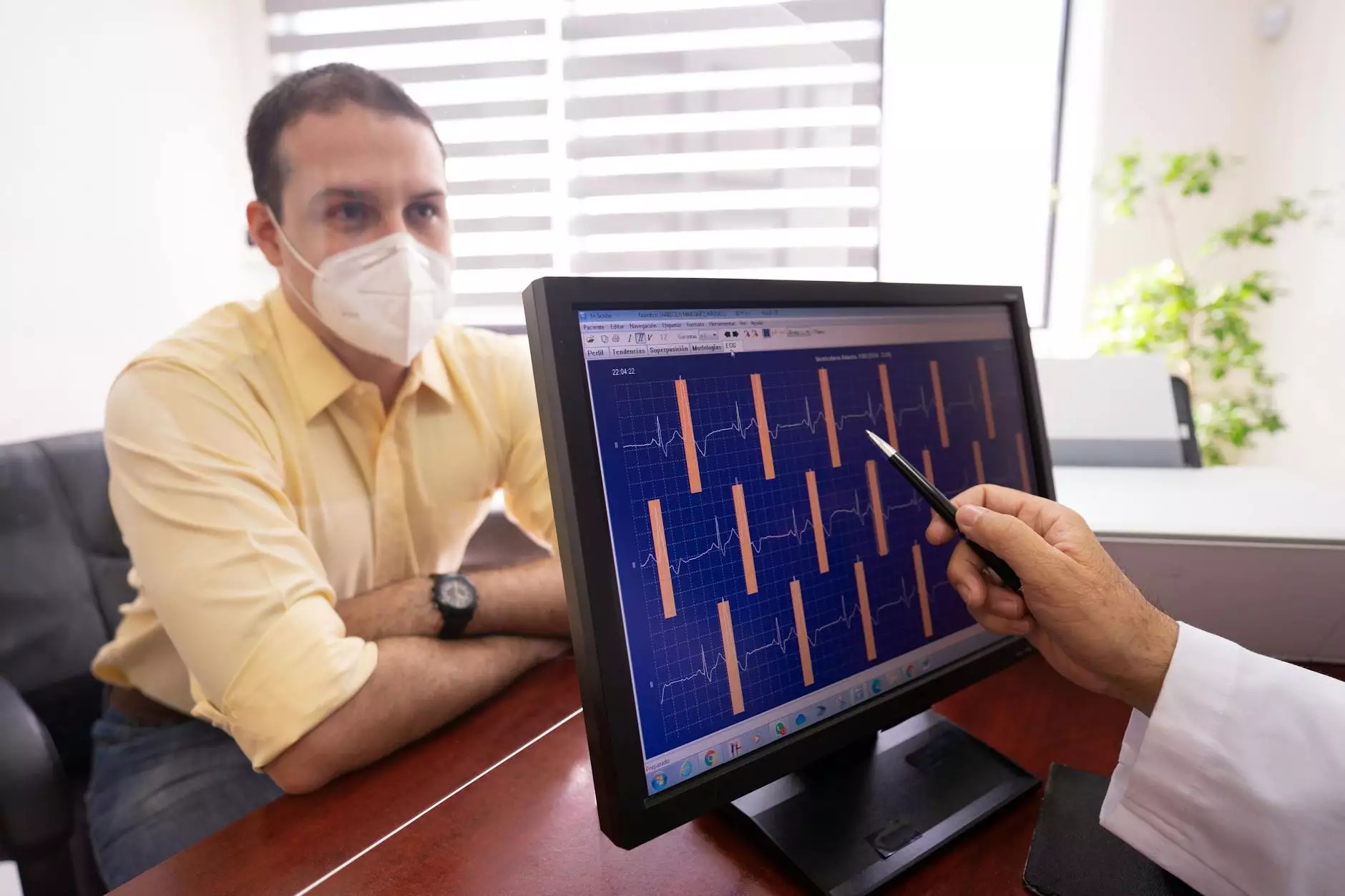Finding the Best Pediatric Cardiologist for Your Child's Health

The health of your child is paramount, and it's essential to ensure they receive the best possible care. Among the various specialties available in medicine, pediatric cardiology plays a crucial role in diagnosing and treating heart disorders in children. In this comprehensive guide, we will explore what pediatric cardiology encompasses, why it’s important to consult the best pediatric cardiologist, and how to find one for your child.
Understanding Pediatric Cardiology
Pediatric cardiology is a branch of medicine that deals with diagnosing and treating heart problems in children, from infancy through young adulthood. As children's hearts are different from adults, pediatric cardiologists undergo specialized training to address these unique complexities. This field encompasses various conditions, including:
- Congenital Heart Defects: Structural heart issues present at birth.
- Arrhythmias: Irregular heartbeats that may require careful monitoring.
- Cardiomyopathies: Heart muscle diseases that can affect how the heart pumps blood.
- Heart Murmurs: Sounds made by turbulent blood flow within the heart.
- Hypertension: High blood pressure that can lead to various complications.
Why Consult the Best Pediatric Cardiologist?
When it comes to your child's health, especially regarding conditions as crucial as heart problems, seeking expert care is vital. Here are several reasons to consult the best pediatric cardiologist:
1. Specialized Expertise
Pediatric cardiologists possess specialized knowledge and training that general practitioners may not have. They understand the intricacies of young hearts and can offer tailored treatment options.
2. Advanced Diagnostic Techniques
With the advancement of technology, pediatric cardiologists utilize sophisticated diagnostic tools such as:
- Echocardiograms
- Electrocardiograms (ECGs)
- Cardiac MRI
- Chest X-rays
These methods enable them to accurately assess your child's condition, ensuring they receive an appropriate and timely diagnosis.
3. Comprehensive Treatment Plans
A top pediatric cardiologist will provide not just a diagnosis but also a comprehensive treatment plan tailored to your child's specific needs. This may include lifestyle changes, medications, and, if necessary, surgical interventions.
Finding the Best Pediatric Cardiologist
Identifying the right pediatric cardiologist can be daunting; however, you can follow certain steps to make an informed decision:
1. Seek Referrals
Start by consulting your child’s primary care doctor for recommendations. Additionally, asking friends, family, and other healthcare providers can provide valuable insights into reputable specialists.
2. Research Credentials and Experience
Investigate the qualifications of the cardiologist. Look for:
- Board Certification: Ensure they are board-certified in pediatric cardiology.
- Experience: Seek out cardiologists with considerable experience in treating your child’s particular condition.
3. Consider Hospital Affiliation
The hospital where the cardiologist practices is crucial. Look for hospitals with strong pediatric departments, particularly in cardiology, as they often have advanced technology and support for complex cases.
4. Evaluate Communication Skills
Effective communication is essential in healthcare. Your pediatric cardiologist should be approachable and willing to answer any questions you may have about your child’s condition and treatment options.
5. Review Patient Feedback
Online reviews and testimonials can offer valuable perspectives on the experiences of other families with the cardiologist. Websites like Healthgrades and Vitals can be helpful resources.
What to Expect During Your Visit
Your first visit to a pediatric cardiologist may include the following:
- Medical History Review: Be prepared to discuss your child's medical history, including any symptoms, family history of heart issues, and previous treatments.
- Physical Examination: The cardiologist will conduct a thorough physical exam to assess your child's heart function.
- Diagnostic Tests: Depending on the initial evaluation, further tests may be ordered to gain a clearer picture of your child's heart health.
Treatment Options Available
Once a diagnosis is made, the best pediatric cardiologist will discuss treatment options with you. Treatment might include:
- Medication: Prescribing drugs to help manage symptoms or improve heart function.
- Monitoring: Some conditions may require regular follow-ups to monitor heart health.
- Interventional Procedures: Such as catheterizations to repair structural defects without extensive surgery.
- Surgery: In some severe cases, open-heart surgery may be the best option.
Conclusion
Choosing the best pediatric cardiologist for your child is a crucial step in ensuring their heart health. By following the steps outlined above and understanding the importance of specialized care, you can make an informed choice that will greatly impact your child's wellbeing.
Remember, every child deserves the best possible care, and with the right pediatric cardiologist, you can rest assured that your child's heart health is in good hands. For more information and resources regarding pediatric cardiology, visit MediGlobus, where you can find leading hospitals and specialists in the field.
Additional Resources
Consider exploring reputable sources such as:
- American Heart Association - information on heart diseases and conditions.
- National Heart, Lung, and Blood Institute - provides comprehensive heart health information.
- Mayo Clinic - detailed insights on pediatric heart conditions.









